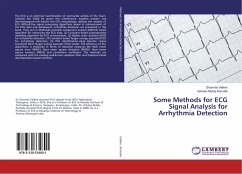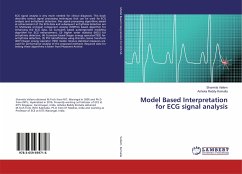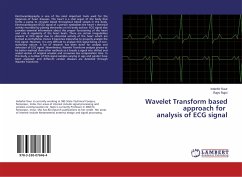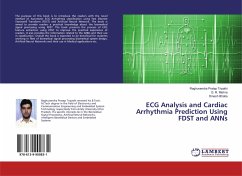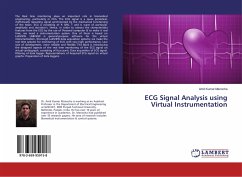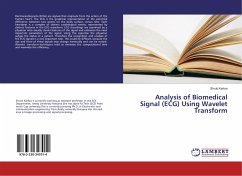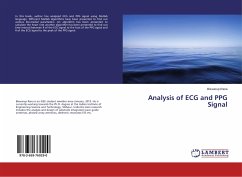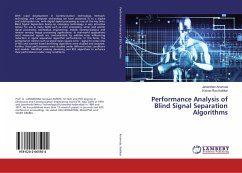The ECG is an electrical manifestation of contractile activity of the heart. Artifacts like 50/60 Hz power line interference, baseline wander and electromyogram will disturb the ECG morphology, making the analysis of ECG difficult.Five signal processing algorithms aimed at enhancement of the ECG data and subsequent arrhythmia detection are presented in this book. They are (1) Multiscale principal component analysis (MSPCA) based algorithm for enhancing the ECG data, (2) Cumulant based autoregressive modeling algorithm for ECG enhancement, (3) Higher order statistics (HOS) for arrhythmia detection, (4) Cumulant based Teager energy operator(TEO) for arrhythmia detection, (5) PVC identification using Discrete cosine transform (DCT)-Teager energy operator (TEO) model. The efficiency of the algorithms, is evaluated in terms of statistical measures like Root mean square error (RMSE), Root mean square deviation (RMSD), Root mean square variance (RMSV) and correlation coefficient. The methods are compared with the existing well-known adaptive filter and Empirical mode decomposition based methods.
Bitte wählen Sie Ihr Anliegen aus.
Rechnungen
Retourenschein anfordern
Bestellstatus
Storno

